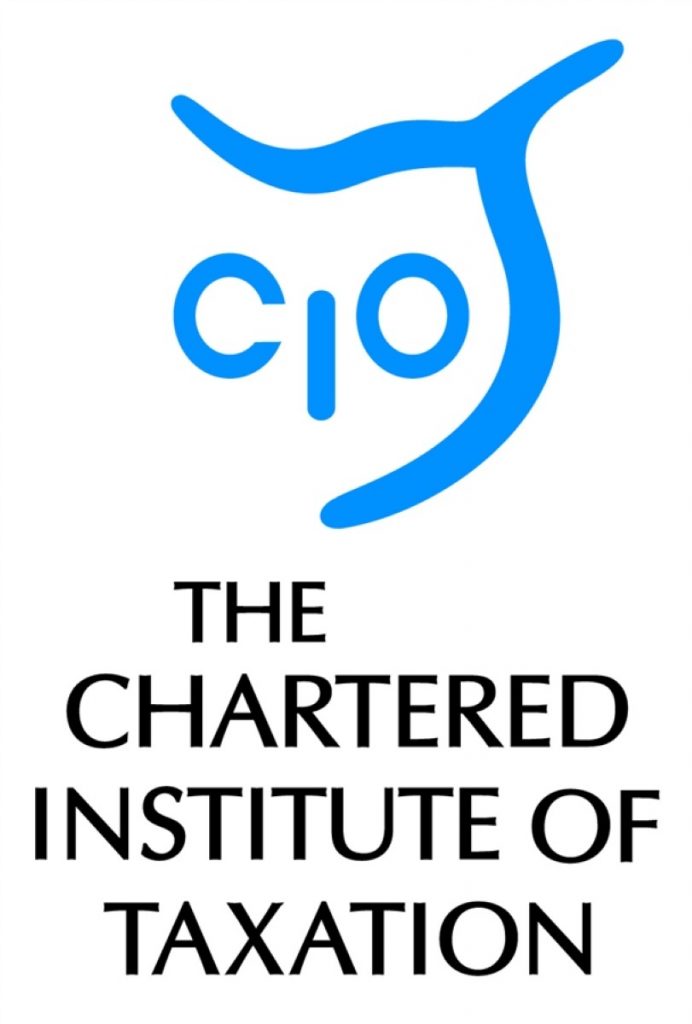Low earning self-employed need financial support as well as mentoring
The Low Incomes Tax Reform Group (LITRG) has welcomed the announcement in today’s Budget of mentoring support for low earning self-employed workers to help them grow their businesses. However LITRG is warning that changes are needed to the financial support that low earning self-employed workers get too.
The Chancellor has announced that he will provide self-employed working tax credit claimants with access to business support, and the mentoring currently offered under the existing New Enterprise Allowance scheme will be extended to self-employed universal credit claimants.
The Budget also sets out the Government’s intention to trial face to face support, provided by Jobcentre advisors in the Department for Work and Pensions, for self-employed working tax credit claimants.
In addition, a new dedicated HMRC helpline will be opened to help new businesses, and other HMRC phone lines will be funded to stay open seven days a week.
LITRG Chairman, Anthony Thomas said,
”We hope that these measures will provide real support and mentoring to low earning self-employed workers which will help them flourish and grow into resilient businesses.
“We particularly welcome the announcement of a dedicated helpline for new businesses as we recommended this to the Office for Tax Simplification.[1] We wait to see if the investment in HMRC call centres results in shorter waiting times for businesses trying to understand their tax position and responsibilities.
“Nevertheless, low income self-employed workers will face difficulties with the introduction of universal credit, especially as the minimum income floor will result in many being treated as earning the national living wage for a 35 hour working week, even if their business is still building up or they have hit a bad period. If the system is to support low income self-employed workers as they properly establish their businesses and make use of these new services, changes are needed to the current rules so that they acknowledge the reality of running a small business.”
Notes for editors
1. The LITRG submission to the OTS report on the Review of the taxation of smaller companies can be read here.
2. Low Incomes Tax Reform Group
The LITRG is an initiative of the Chartered Institute of Taxation (CIOT) to give a voice to the unrepresented. Since 1998 LITRG has been working to improve the policy and processes of the tax, tax credits and associated welfare systems for the benefit of those on low incomes.
The CIOT is the leading professional body in the United Kingdom concerned solely with taxation. The CIOT is an educational charity, promoting education and study of the administration and practice of taxation. One of our key aims is to work for a better, more efficient, tax system for all affected by it – taxpayers, their advisers and the authorities. The CIOT’s work covers all aspects of taxation, including direct and indirect taxes and duties. The CIOT’s 17,600 members have the practising title of ‘Chartered Tax Adviser’ and the designatory letters ‘CTA’, to represent the leading tax qualification.





-01.png)